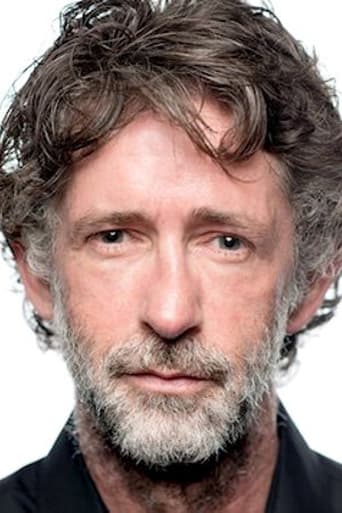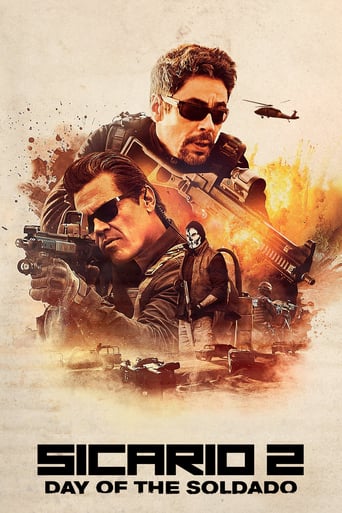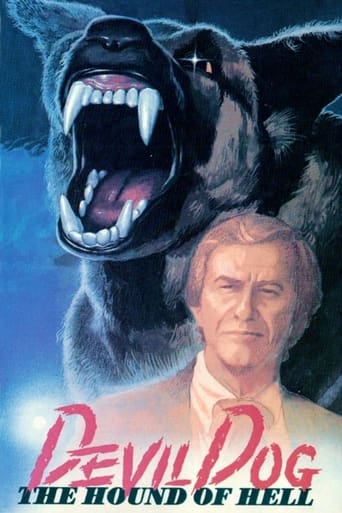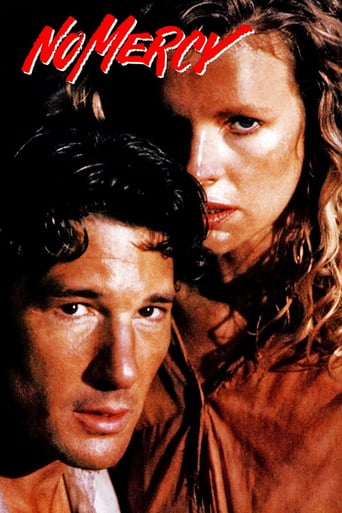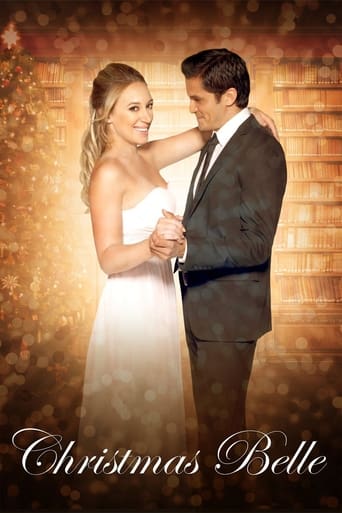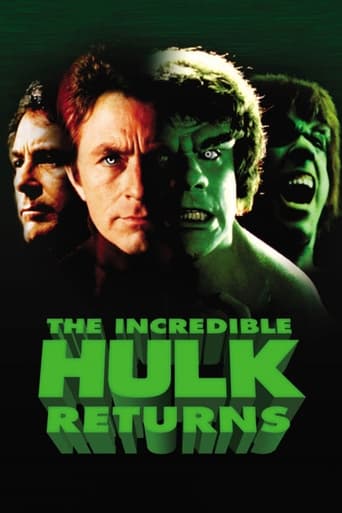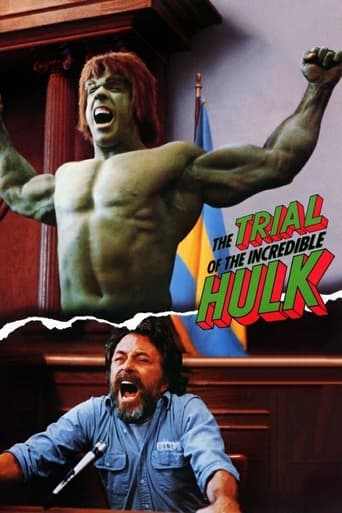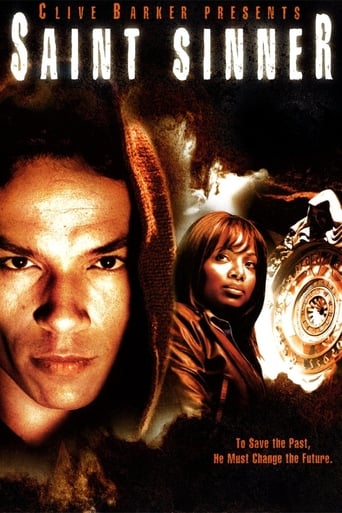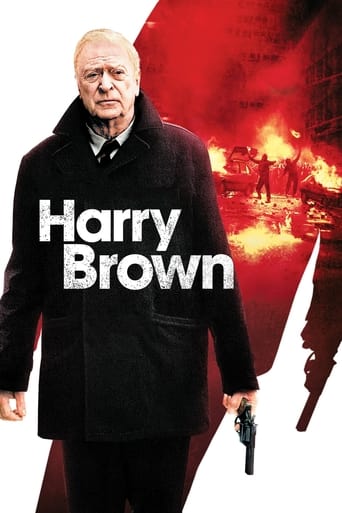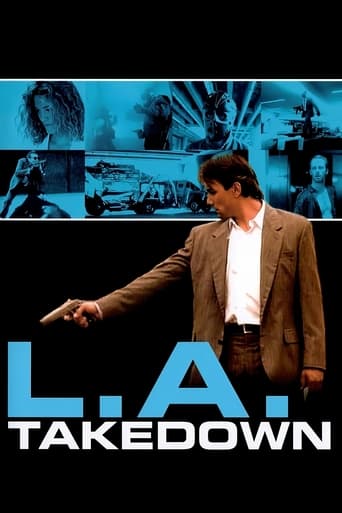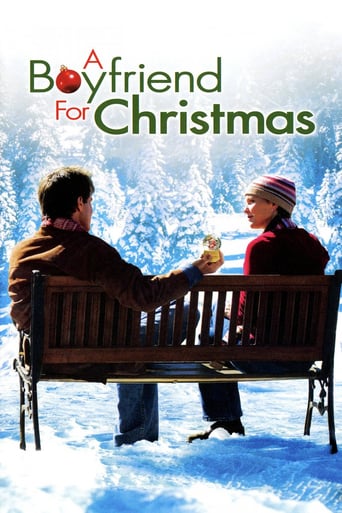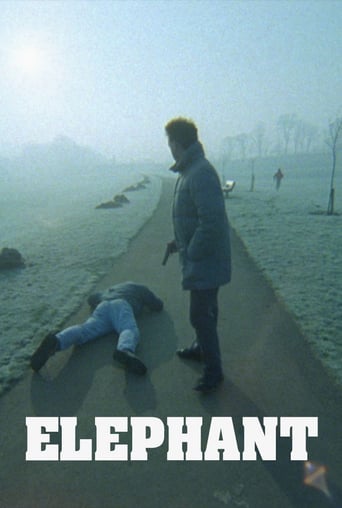
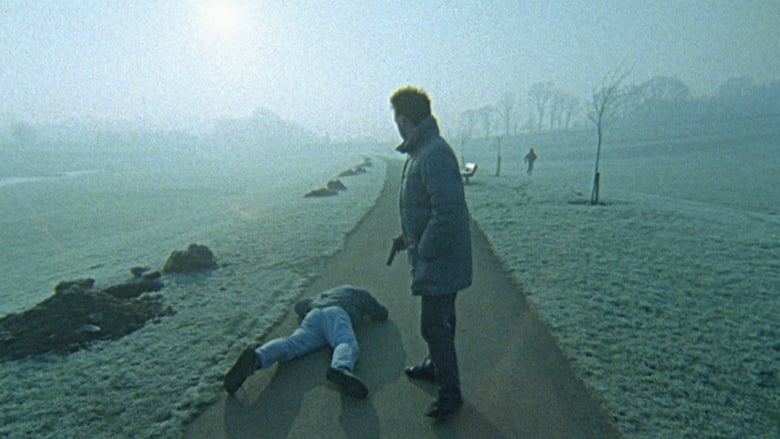
Elephant (1989)
A depiction of a series of violent killings in Northern Ireland.
Watch Trailer
Cast


Similar titles
Reviews
No context given. No story to narrate. No elaborate set pieces or character actors. Maybe about 2 lines of dialogue. What else is there? Only the brutal reality of a country's dirty little secret. Many films about touchy political issues are analysed through a character's interpretation of how they think or how a particular story plays out but Clarke plays it out simply: people are dying... never mind the other stuff, death is caused through our own inability to absorb other people's views. The end factor being death is all that really needs to be shown to get the point across. Clarke makes fantastic use of tracking shots, slipping left and right and around to follow a person into their death.It's provocative and probably the best TV movie ever made. I can't imagine people sitting down at night, tuning into the BBC and wondering what they should think about this mini masterpiece.
Director Alan Clarke knew instinctively that to make a film about the sectarian violence in Northern Ireland, could be politically suicidal. The violence was still going on when this film was made in 1989, after all. This is why "Elephant", in my opinion, was a stroke of genius. It doesn't get bogged down trying to walk the fine line of being neutral on such an explosive issue and appearing downright biased. No film about Ireland's "Troubles" will satisfy both Protestant and Catholic. The seeds of this catastrophe began when the British government decided to partition Ireland Ireland in 1921. Though the population of Northern Ireland was both Catholic and Protestant, the Catholics were in the minority, and were outrageously discriminated against by a political machine that was heavily Protestant. That's not to say that the Catholic population were not also responsible for incidents of provocation. Violence erupted on the twin anniversary of the Battle of The Somme and The Easter Uprising: the government's response was to bring in troops from Britain to control the violence. Then, in 1972, a British Parachute regiment killed thirteen demonstrators during a civil rights march, forever after known as "Bloody Sunday." From then on, the frequency of the confrontations between Catholic and Protestant, escalated and grew in intensity - in one year alone, over 500 men, women, and children were killed due to what was basically "Religious", as it was about self-rule. In thirty years, an estimated 3523 people lost their lives. Alan Clarke's answer in making a film about the "Troubles", is "Elephant." It is not the definitive film about Northern Ireland, but it is a brave, and I think successful, attempt, that Alan Clarke should be praised rather than denigrated. They say an elephant never forgets. Once seen, you'll never forget this film. It's interesting that Gus Van Sant used the same title for his film about the random act of violence at Columbine High School. Incidentally, eighteen years after his death, a boxed set of the films Alan Clarke is best known for, includes "Scum" (both the TV and theatrical release), "The Firm", "Made In Britain", and "Elephant", is finally available.
This film was made for British television in 1988, the last film by it's controversial creator Alan Clarke. There's no story here at all. Set in Northern Ireland, the film depicts a series of seemingly random killings.It is shot entirely on location with completely unknown actors. The film is quite disturbingly realistic. There is almost no dialogue in the film and absolutely no attempt to give the film any kind of context. The film is certainly well-made and impressive but the initial sense of shock fades before the film is over and the repeated images soon become dull, which might be the film's most disturbing aspect. In a way the use of gliding camera movements following characters either to their own deaths or to kill someone else, as well as the film's frequent use of holding on the image of the victims for some time after the killings take place can work against the involvement you might feel for this film. It is certainly worth watching, however. The casualness of the brutality and the haunting images linger for a long time after the end credits roll
Someone want`s to do a realistic docudrama on sectarian killings in Northern Ireland ? Fine , but ELEPHANT`s not it . Alan Clarke seems to be under the impression that sectarian death squads are composed entirely of young men shooting dead other young men but the reality is somewhat different . In Northern Ireland during the troubles both loyalist and republican terrorists ( Both of which contain men and women , young and old ) viewed anyone from the other side as a legitimate target , it didn`t matter about your politics or religion , your age or sex as long as you lived in the Shankhill or the Falls you were fair game. And the method of murder dealt differs somewhat from ELEPHANT , a car bomb in a street of Saturday shoppers was a favourite with republicans while capturing an innocent passer by and torturing them to death with a stanley knife and red hot poker was a common practice amongst loyalists . Watching ELEPHANT you`d believe that people die quick and painless deaths - untrue. Many of victims of terrorism had their coffin lids screwed shut at their funerals so their families wouldn`t be allowed to see the horrific mutilations they`d suffered , the way they died were even more unforgivable than the fact they died in the first place . If you want to get educated about the horrors of the troubles give ELEPHANT a miss and read a book by someone like Martin Dillon who knows what he`s talking about



